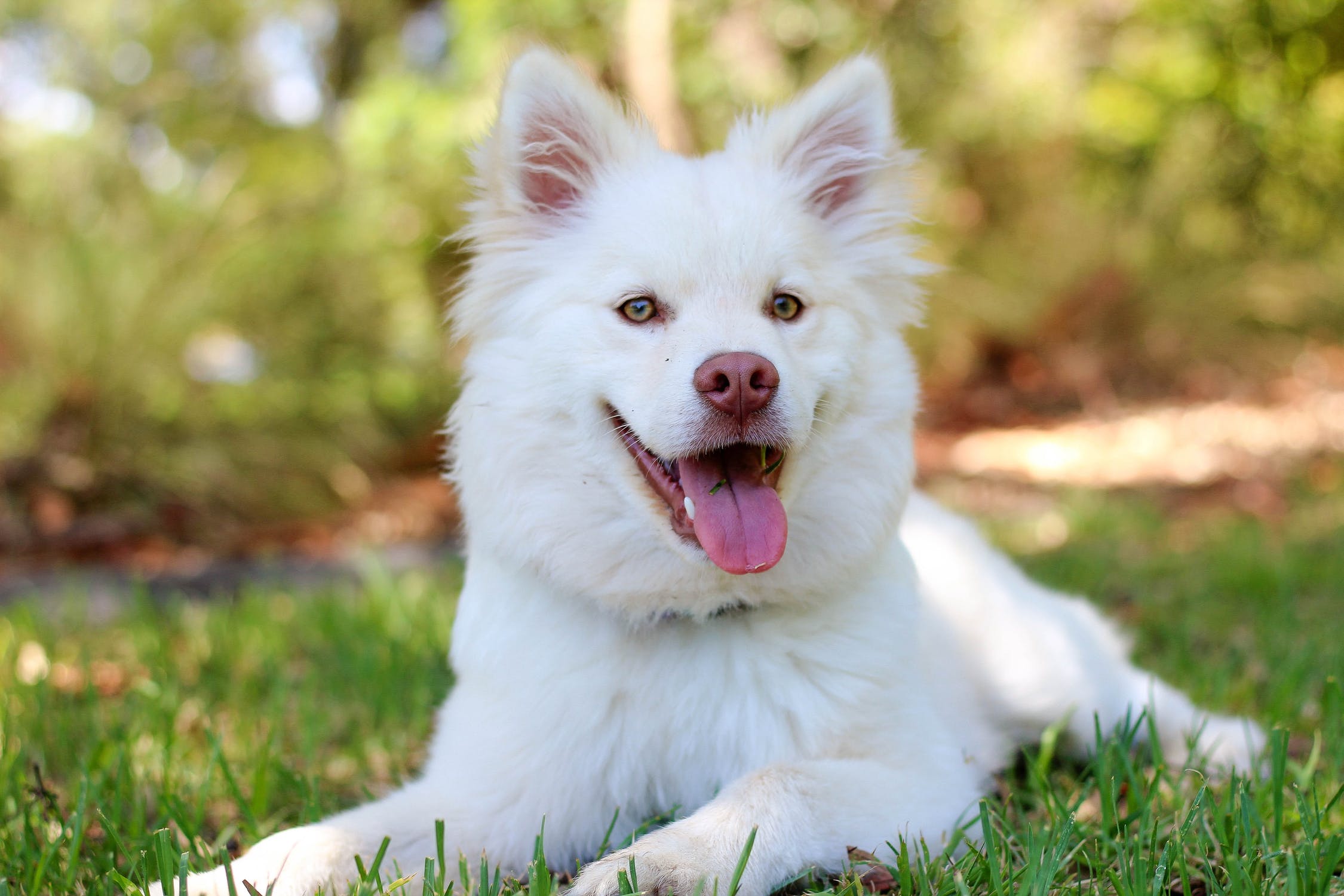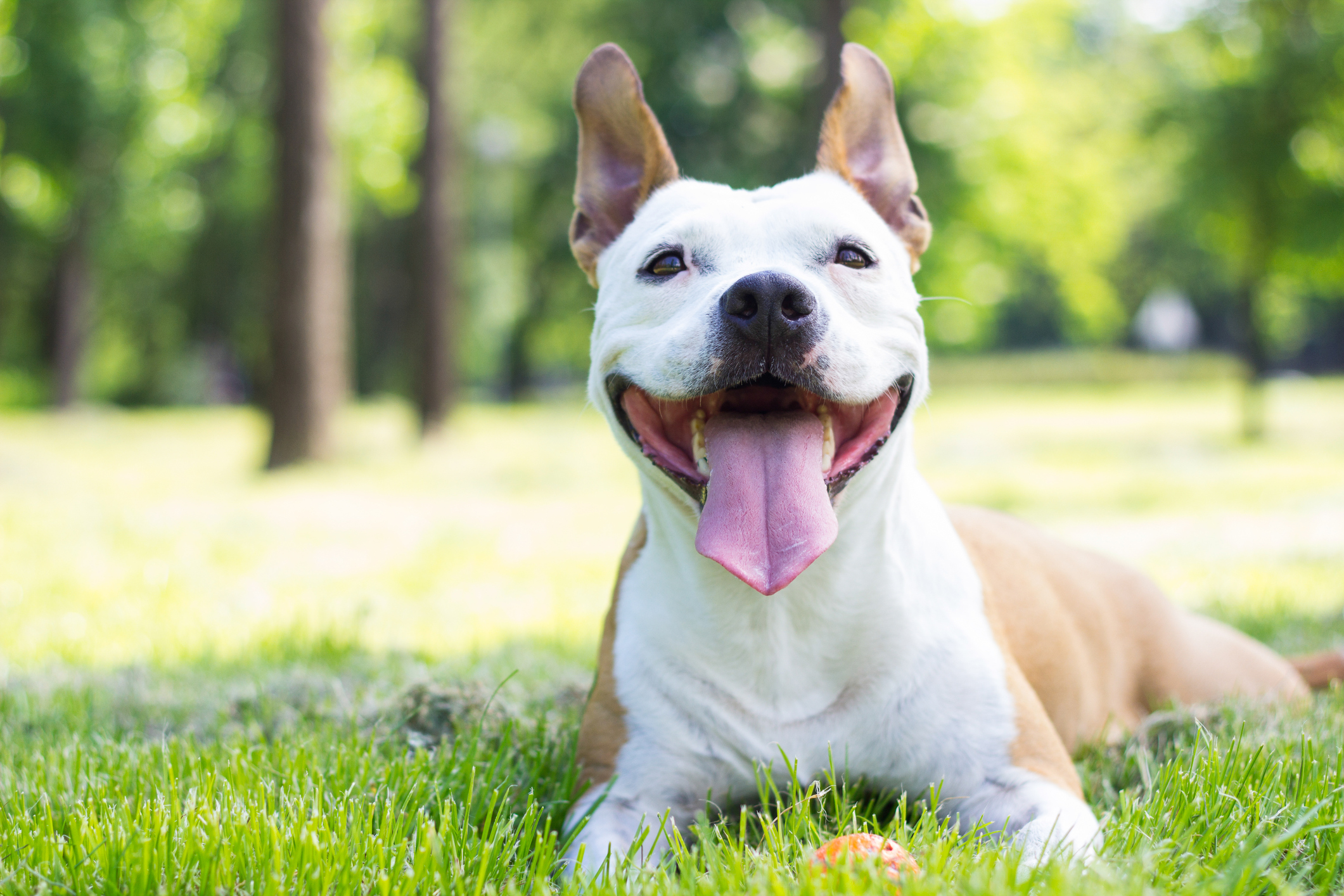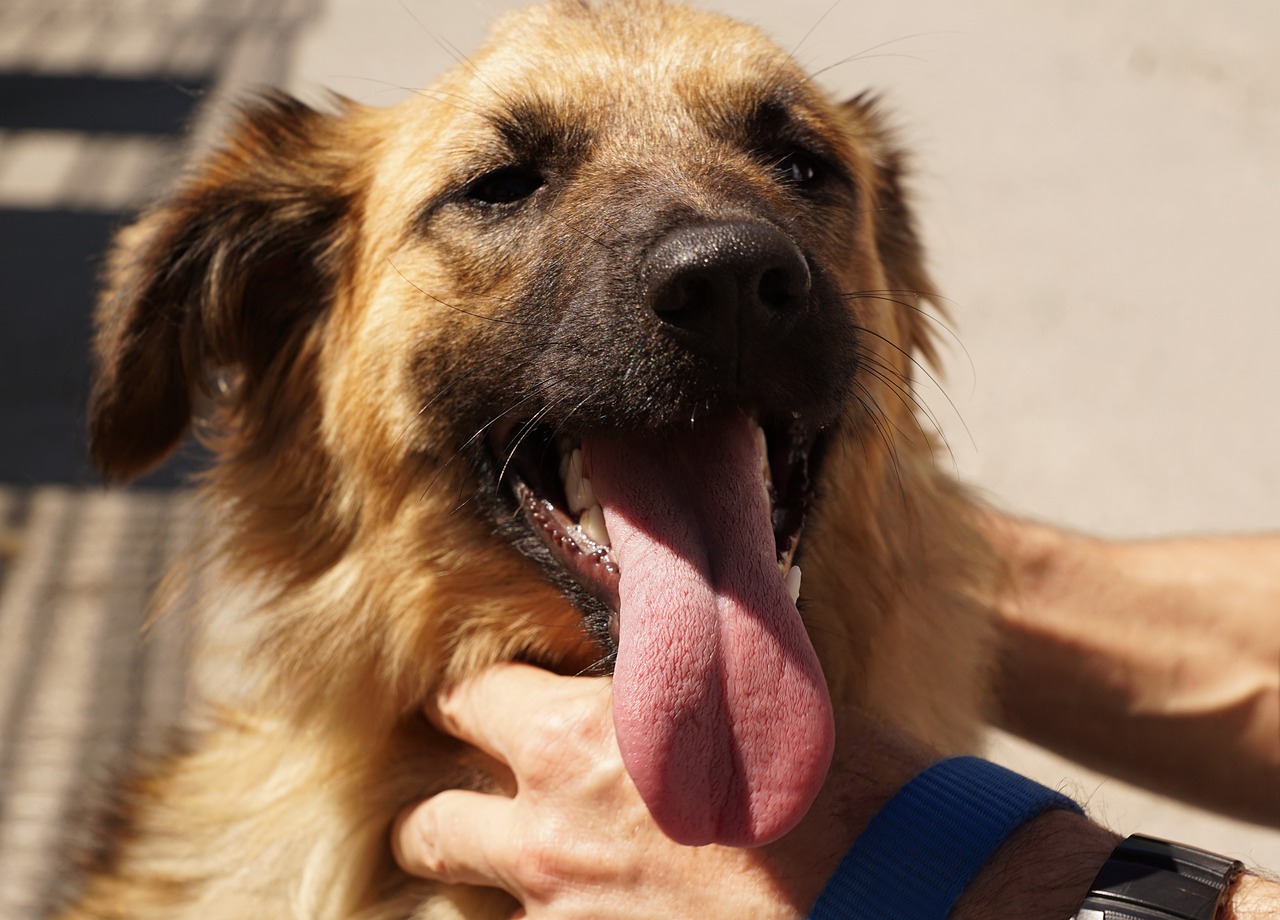
How To Deal With Dog Bad Breath Cause, Care & More
Who hasn’t come face to face with a Dog Bad Breath that had killer breath? Bad doggie breath isn’t a joking matter. It could indicate a serious illness. A sweet smell could mean diabetes, a urine smell could point to kidney disease, and a foul odor might indicate a liver disorder. A rancid or sour smell could signal an intestinal disorder or other illness, according to Junia Borden Childs, DVM, of Kirkland, Wash. A decaying smell probably indicates dental disease.
Dog Bad Breath cause dental disease
Conventional veterinarians cite dental disease as the most common cause of dog bad breath and treat it with cleanings, medication, tartar-control food and treats, and tooth extractions. But the dental disease may not be the only problem. Holistic veterinarians look beyond the mouth and the immediate symptoms to examine the overall health of the dog, looking for other diseases that might have affected the dog’s internal health or left it vulnerable to dental disease.

Practitioners of Traditional Chinese Medicine use acupuncture and Chinese herbs to treat and prevent disease. They believe that the body has a set of forces, including heat and cold, that must balance for the animal to be healthy. “Bad breath is usually due to what is called a ‘stomach fire’ condition,” said Dr. Childs. “In this condition, too much heat rests in the stomach. A conventional vet might call this hyperactivity of the stomach. If a stomach fire imbalance is not treated, the disharmony may develop into a more serious, related disease, such as irritable bowel syndrome.”
A stomach fire condition can initially lead to ulcers and poor digestion, which manifest themselves in dog bad breath and possibly mouth sores, according to Dr. Childs. A dog with stomach fire may have a picky appetite or look at the food bowl but not eat, licking its chops as if its stomach weren’t well. At the other extreme, the dog may react by bolting its food, raiding the trashcan and eating strange objects, such as wood or tissue.
Dog Bad Breath – nutritional treatment
You can treat stomach fire with a course of acupuncture and Chinese herbs. Veterinarians may also use nutritional treatment with “cooling” supplements and foods, such as nonspicy foods. To help ease digestion problems and cut down on one source of dog bad breath, add the following to your dog’s meals: digestive enzymes, activated charcoal, alfalfa and chlorophyll. Adding a whole grain, such as brown rice or barley, to the diet may also help. If your dog has dog bad breath, make an appointment with your veterinarian to rule out any illnesses.

Prevent dog bad breath by feeding a high-quality, easy-to-digest natural diet and avoiding a buildup of plaque and gum disease. Keep your dog’s teeth as clean as possible to prevent cavities, gum disease and other illnesses. The buildup of tartar and bacteria resulting from poor dental hygiene is “a veritable cesspool” and a potential source of infection, particularly organ infections, said Dr. Susan Wynn, DVM, of Marietta, Ga.
Dog Bad Breath – teeth brushing
Routine teeth brushing and regular snacks that act as dental floss are also important. “Even if you only wipe off the outsides once a day, the rubbing is good for the gums and helps clean the tartar off,” Dr. Childs said. “You can use a wet washcloth or a gauze pad, and you don’t have to use toothpaste, but I recommend one that is natural.
But don’t use toothpaste designed for people because it can upset your dog’s stomach. Uncooked bones … can help keep teeth healthy and reduce plaque. Although cooked bones will splinter, uncooked bones are soft and chewable, making them perfect natural dental chews. I feed my dogs a big, meaty bone, like a soup bone, about once a week. The bone acts as a natural tooth floss.”
Dr. Wynn suggests a regular treat of raw, tough cuts of meat, such as stew beef and chuck steaks, once or twice weekly. These meats contain connective tissue that acts as a natural floss. Also, the flossing action massages and tightens gums. Snacks of crisp, fibrous veggies, such as raw carrots or apple slices, can keep plaque away. Rawhide and rope chews also discourage plaque buildup.
But if you’re between dental cleanings and can’t stand your dog’s breath another minute, try a canine breath freshener. They come in capsule, liquid and treat forms and contain ingredients that mask odor or combat it at its source, such as peppermint, parsley and parsley seed oil, chlorophyll, activated charcoal and digestive enzymes. With a little prevention and creative dental care, your dog will no longer deserve the nickname Dog Breath.
